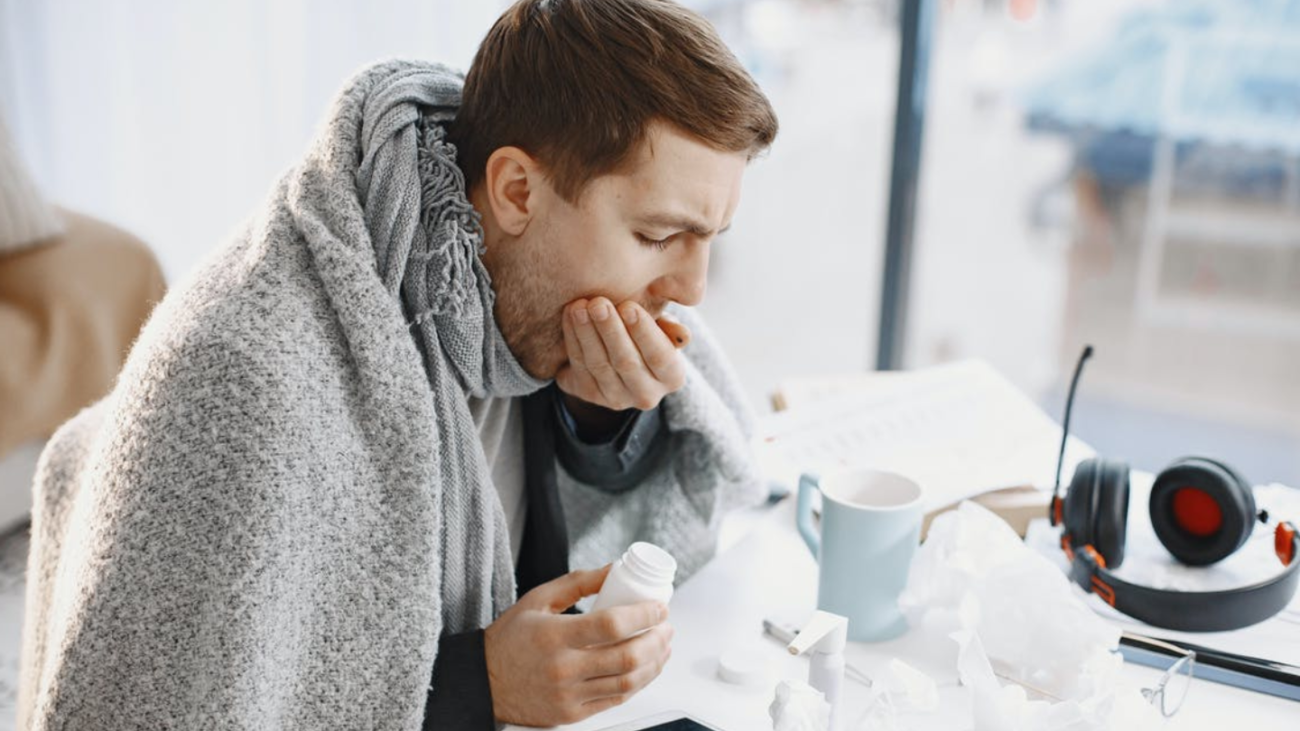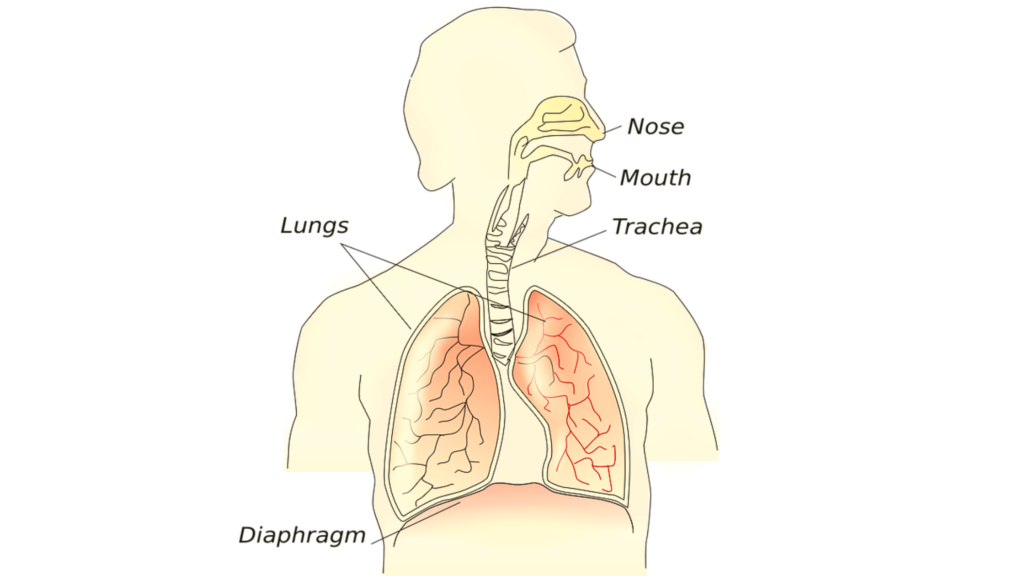Respiratory infection is a common ailment that can affect people of all ages. It can be caused by various factors, including viruses, bacteria, or fungi. In most cases, the respiratory infection resolves within a few weeks. However, there are some cases where respiratory infection requires treatment. Today, in this blog post, we’ll discuss 12 effective respiratory infection treatment methods.
Method #01: Drink plenty of fluids
One of the best respiratory infection treatment methods is to drink plenty of fluids. This will help thin out mucus and make it easier for you to expel. Additionally, drinking fluids will keep your throat hydrated and prevent it from becoming irritated.
Method #02: Get a rest
Another effective respiratory infection treatment method is to get plenty of rest. When you are sick, your body needs time to recover and heal. Getting adequate rest will help speed up the recovery process.
Method #03: Drink warm liquids
Drinking warm liquids is another excellent respiratory infection treatment method. Warm beverages can help soothe your throat and loosen mucus. Additionally, they can also help hydrate your body and prevent dehydration. Great options include herbal tea, chicken soup, or warm water with honey.
Method #04: Inhale steam
Inhaling steam is another effective respiratory infection treatment method. Steam can help loosen mucus and make it easier to expel. It can also help soothe your throat and clear your sinuses. You can create a makeshift steam inhaler by boiling water and inhaling the vapours through a towel or purchasing a commercial steam inhaler from a pharmacy or online retailer.
You May Like This: Nursing Care Plan: Treatment and Management of Constipation
Method #05: Use a humidifier
Using a humidifier is another respiratory infection treatment method that can be very effective. Humidifiers add moisture to the air, which can help thin out mucus and make it easier to expel. Additionally, humidifiers can help soothe your throat and prevent it from becoming irritated.
Method #06: Gargle with saltwater
Gargling with salt water is another respiratory infection treatment method that can be very effective. The salt helps to break down mucus, and the gargling action helps loosen it and make it easier to expel. To make a saltwater gargle, dissolve ½ teaspoon of salt in a glass of warm water and gargle for 30 seconds. Spit the solution out after gargling.
Method #07: Drink hot tea with lemon
Drinking hot tea with lemon is another respiratory infection treatment method that can be very effective. The hot tea helps to loosen mucus, and the lemon helps to thin it out. Additionally, the vitamin C in the lemon can help boost your immune system.
Method #08: Drink hot water with apple cider vinegar
Drinking hot water with apple cider vinegar is another respiratory infection treatment method with great results. Apple cider vinegar has antibacterial and antifungal properties, which can help fight off the infection. It can also help thin out mucus and make it easier to expel. To make this drink, mix ½ cup of hot water with ¼ cup of apple cider vinegar and honey to taste.
Method #09: Use a neti pot
Using a neti pot is another respiratory infection treatment method that can be very effective. Neti pots help to flush out your sinuses and clear out mucus. To use a neti pot, fill it with saline solution and tilt your head to the side so that the water can enter one nostril and exit the other.
Method #10: Try an over-the-counter medication
Many over-the-counter medications can be used as respiratory infection treatments. These include decongestants, antihistamines, pain relievers, and cough suppressants. Be sure to read the labels carefully and follow the instructions before taking any medication.
Apple cider vinegar has antibacterial and antifungal properties, which can help fight off the infection.
Method #11: Use essential oils
Essential oils can be used as respiratory infection treatments. Some great options include eucalyptus, peppermint, and tea tree oil. These oils can help to loosen mucus and clear your sinuses. You can add a few drops of essential oil to a diffuser or inhale them directly from the bottle.
Method #12: See your doctor
If your respiratory infection is severe or if you are not getting better after trying home remedies, it is essential to see your doctor. They will be able to prescribe medication that can help treat the infection. Additionally, they will determine if you have a more severe condition that needs to be treated.
Final Lines:
I hope you found these respiratory infection treatment methods helpful. If you have any other suggestions, please leave them in the comments below. Remember, if your respiratory infection is severe or if you are not getting better after trying home remedies, it is important to see your doctor. They will be able to prescribe medication that can help treat the infection. Additionally, they will determine if you have a more serious condition that needs to be treated. Thanks for reading, and I hope you feel better soon!
FAQs – Frequently Asked Questions:
What is a respiratory infection?
A respiratory infection is an infection of the lungs, airways or throat. The most common respiratory conditions are colds and flu.
What are the symptoms of a respiratory infection?
The symptoms of a respiratory infection can vary depending on the type of infection. However, common symptoms include a runny nose, sore throat, coughing and fever.
How can I treat respiratory infection?
There are a number of ways to treat the respiratory infection. However, the most effective way to treat respiratory infection is to see your doctor. Your doctor will be able to prescribe the best course of treatment for you depending on the type of respiratory infection you have.
Can respiratory infection be prevented?
Yes, a respiratory infection can be prevented by avoiding exposure to the viruses that cause respiratory infection. These steps include washing your hands regularly, avoiding close contact with sick people, and getting a flu vaccine each year.



